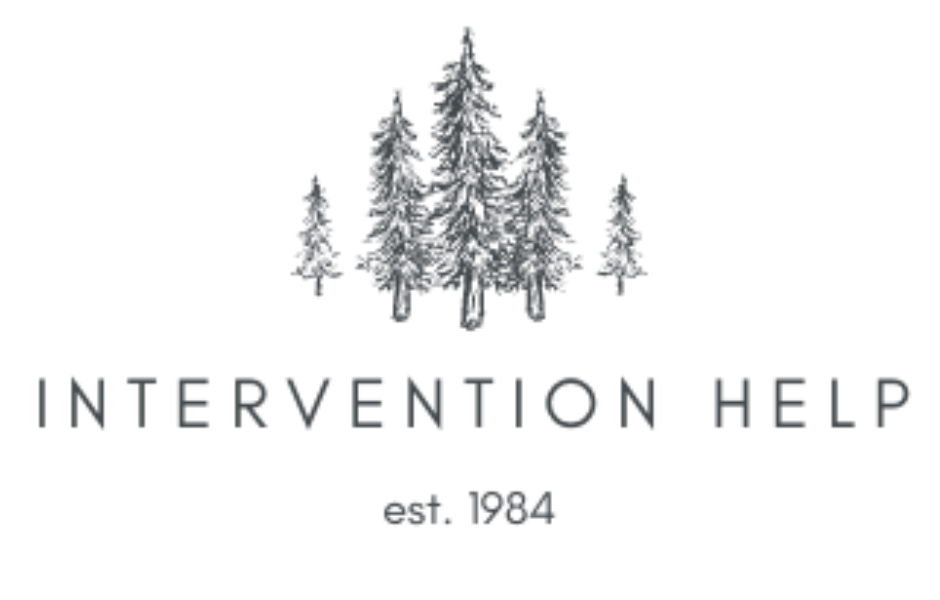
Crisis Intervention: Immediate Support When It Matters Most
At Intervention Help, an expert recovery intervention team in the Pacific Northwest, we understand that some moments require more than patience and planning—they require urgent, compassionate action. When someone is experiencing crisis due to mental health, substance use, or behavioral health challenges, our specialized crisis intervention services are designed to step in with clarity, structure, and calm. Whether you're in Seattle, WA, or elsewhere in the Pacific Northwest, we partner with families and community partners to deliver safe, effective crisis care when it's needed most.
What Is Crisis Intervention?
Crisis intervention is a focused response to acute psychological or emotional distress. It helps stabilize a person in the midst of a mental health crisis, behavioral health disorders, or serious substance use episodes. These moments can include suicidal ideation, psychosis, aggressive behavior, or any scenario that places the individual or others at risk.
Our crisis intervention program offers tailored, on-demand support for families who don’t know where to turn. Our team works quickly and respectfully to assess the situation, coordinate next steps, and implement a treatment plan that addresses immediate safety while laying the groundwork for long-term recovery.
How Intervention Help Responds
Led by seasoned mental health professionals, our crisis intervention services are designed to be rapid, nonjudgmental, and focused on stabilization. We collaborate with mobile crisis teams, designated crisis responders, and local crisis connections in areas like Seattle, WA, to coordinate care that fits the intensity and urgency of the moment.
Each crisis intervention includes:
A thorough risk and safety assessment
Coordination with crisis responders or emergency services as needed
On-site or remote guidance for de-escalation and crisis management
Connection to relevant community resources and crisis care facilities
Ongoing support to develop a sustainable treatment plan
Who We Help
Our crisis intervention program serves individuals and families dealing with:
Behavioral health disorders and psychiatric emergencies
Sudden, extreme changes in mental health or functioning
Escalating anger management issues
Substance use and co-occurring crises
Threats of harm to self or others
Situations where extreme risk protection orders may be appropriate
We also work closely with household members, family members, and community partners to ensure safety, privacy, and compassion are maintained at every step.
While crisis situations may feel chaotic or isolating, our team brings a holistic approach to every intervention. We understand that behind every outburst, panic, or withdrawal is a deeper story. Our goal is to not just resolve the immediate emergency—but to guide individuals and families into longer-term patient care that addresses root causes.
Through our crisis intervention program, we also help families navigate next steps including:
Placement in detox or psychiatric care facilities
Follow-up with therapists or mental health professionals
Coordination with local mobile crisis teams and crisis connections
Designing longer-term support structures to provide support after the crisis has passed
A Holistic Approach to Stabilization

Contact Intervention Help for Crisis Intervention
If you or a loved one is in crisis, you don’t have to face it alone. Our experienced team at Intervention Help is here to bring safety, perspective, and support into your home and community. Whether you need an urgent response or help planning how to handle a volatile situation, our crisis intervention experts are here to guide you.
Reach out to learn more about our crisis intervention program and how Intervention Help collaborates with crisis responders, families, and behavioral health teams to restore safety—and hope.
FAQs About Our Crisis Intervention Program
-
Crisis intervention can help stabilize a wide range of behavioral health issues, including acute anxiety, suicidal ideation, psychosis, and substance-related emergencies. Our team is trained to respond with compassion, urgency, and appropriate care planning tailored to the individual’s needs.
-
Yes. Intervention Help offers services throughout the Pacific Northwest, including Washington State. We coordinate closely with local crisis connections, mobile crisis teams, and designated crisis responders to ensure the most appropriate care is delivered.
-
Our crisis responders receive specialized training in de-escalation, trauma-informed care, safety protocols, and communication skills. Many also have backgrounds in education, social work, or clinical development, allowing them to respond effectively in high-stress situations.
-
Absolutely. Our approach prioritizes both mental and physical safety. Every intervention includes a thorough assessment and steps to protect everyone involved, especially when behavioral health issues present a risk to self or others.
-
Key skills include active listening, empathy, quick decision-making, and the ability to remain calm under pressure. Our team is trained to assess the situation, guide family members, and create a path toward stabilization and ongoing care.
-
Yes. Education for families and individuals is a vital part of long-term stabilization. We help families understand the nature of behavioral health issues, warning signs, and how to create a safe, supportive environment that reduces the likelihood of future crises.
-
Data collection allows us to track patterns, assess the effectiveness of interventions, and improve care coordination. This information is used to strengthen response strategies and ensure families and individuals receive timely, effective support.



